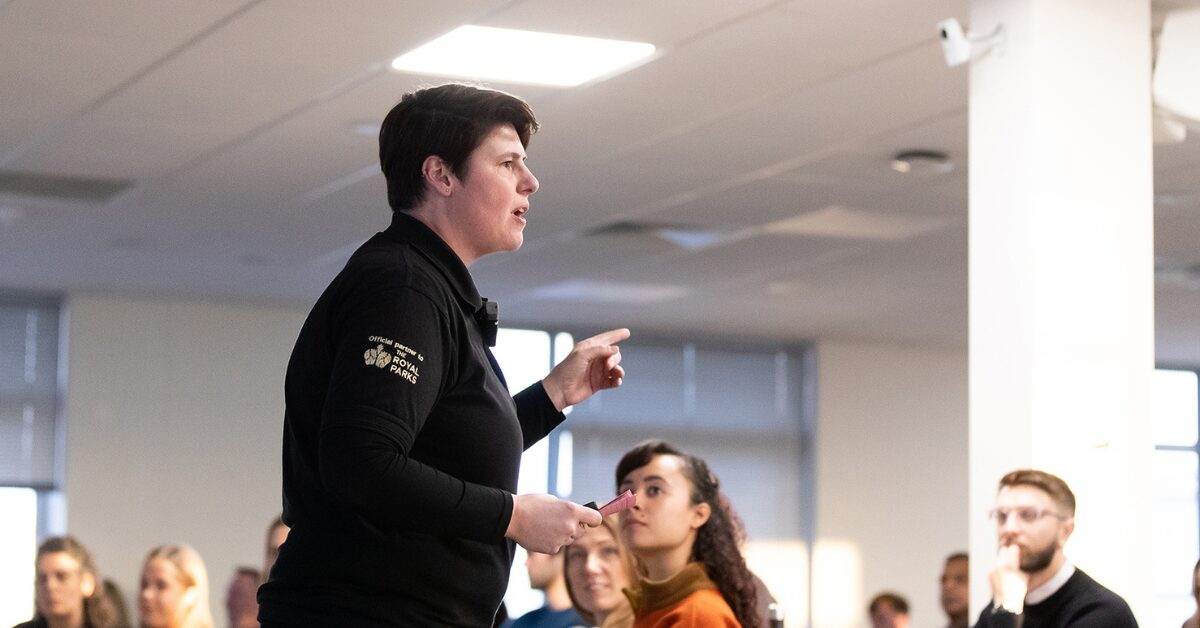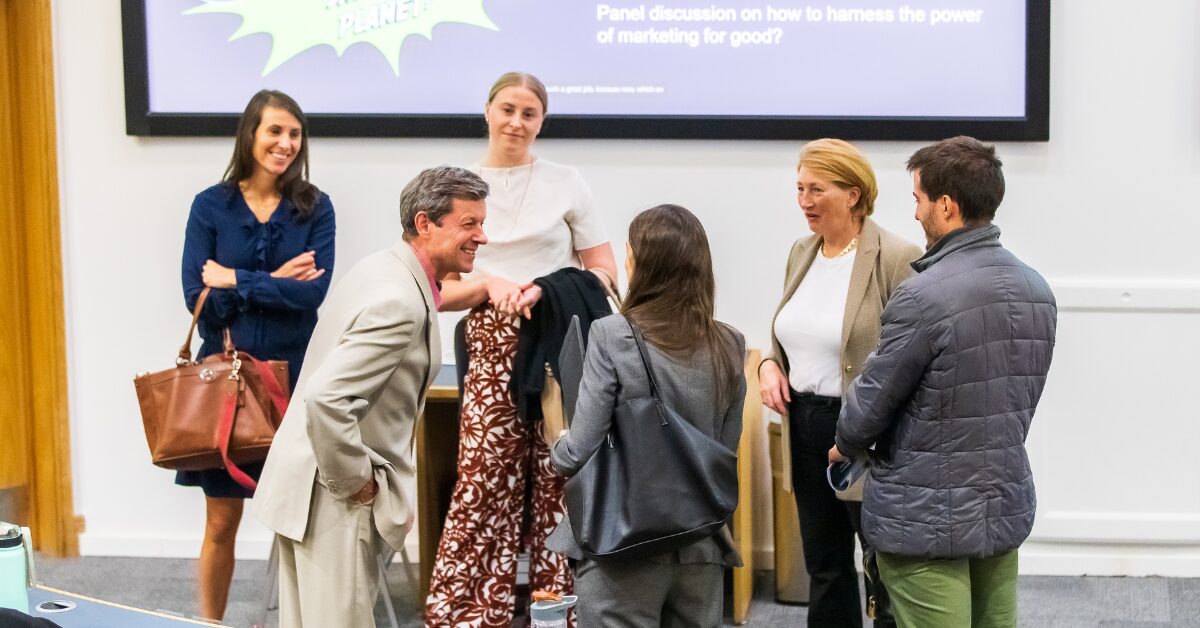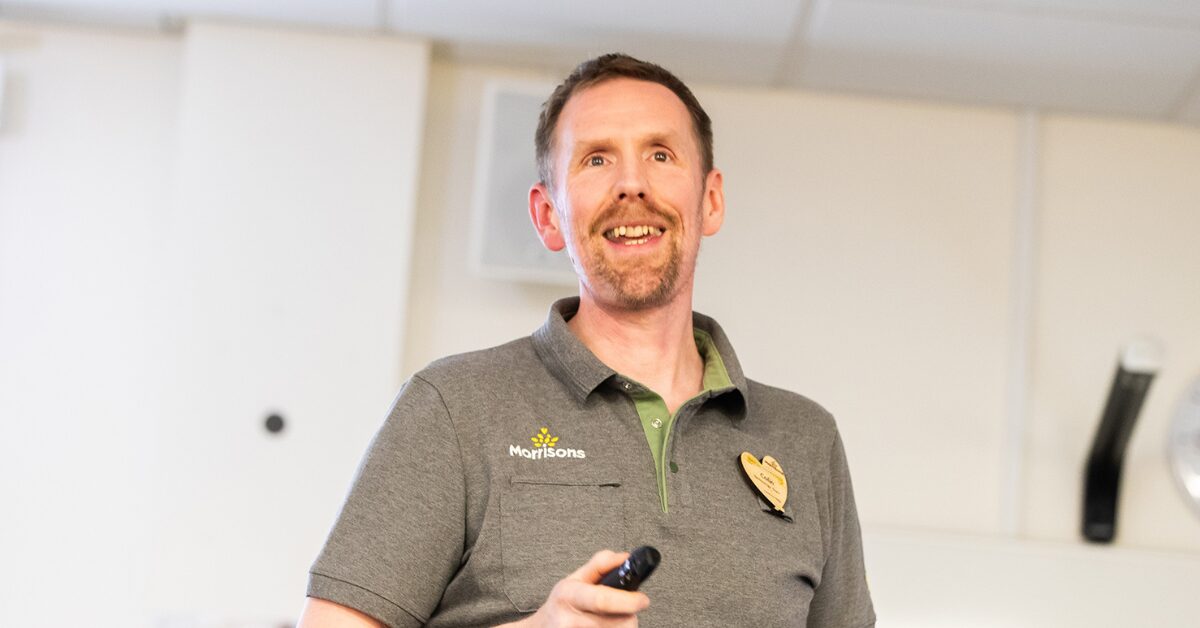What funders want
01/02/2017

In our last RDM (research data management) post we discussed RCUK funding policy in general, so now we’ll have a quick look at some specific councils that we often work with at Cranfield.
Do you know what your funder requires with regard to research data management (RDM)? It’s understandable if you can’t reel off their expectations, as funders have a wide variety of policies in place and it can be difficult to keep up. So, here’s a brief summary of key elements from funders’ data policies.
- BBSRC: a DMP should be submitted with a bid; RDM costs may be covered by your funding; data should be “made available with as few restrictions as possible in a timely and responsible manner to the scientific community for subsequent research” (BBSRC data sharing policy (pdf)).
- EPSRC: a DMP is expected but needn’t be submitted at the bidding stage; publications should be made freely available and include a data access statement; research data must be securely preserved for at least 10 years since it was last accessed; sanctions may be applied if data sharing is obstructed.
- ESRC: a DMP is required; RDM costs may be covered by your funding; publications should be deposited with the ESRC and data should be deposited with the UK Data Service within three months of project end; final payment may be withheld in the case of non-compliance.
- NERC: an outline DMP is required with bids and an extended plan during the project; RDM costs may be covered by your funding; data should be deposited in a NERC data centre; compliance is monitored and affects future funding.
- STFC: a DMP is required; data is normally expected to be preserved in an institutional repository or an STFC subject-based data centre.
- Horizon 2020: a DMP is a deliverable by month 6 of your project and should be developed throughout; data should be deposited in a repository and made publicly accessible within the deadlines laid out in the DMP.
- Gates Foundation: data must be accessible and open immediately (the embargo maximum is 12 months).
BBSRC, ESRC, and NERC provide data centres you should ideally use to meet their data preservation/sharing requirements. For other funders, you can use CORD, Cranfield Online Research Data.
Don’t forget that publishers may also have requirements around data sharing in particular. For example, Nature, PLOS one, and the Royal Society require open data; check with the publisher/journal you’re submitting to, or take a look at the Open Access Directory’s journal policy list, though note that this is a work in progress.
For more information, see our guidance on data management plans (DMPs), data access statements, funder data policies, or email researchdata@cranfield.ac.uk.
Public domain image from MorgueFile.com
Categories & Tags:
Leave a comment on this post:
You might also like…
Come to a virtual study session in May
What are virtual study sessions? These are online study sessions facilitated by Library staff, where you can study independently alongside other students via Teams. They are a great way for you to dedicate specific time ...
Getting started on your School of Management thesis
Writing a thesis, business plan, internship project or company project can be a daunting task, and you might have some uncertainty or questions around how to get started. This post will share some ideas and ...
Sustainability by royal request: Managing an event fit for a King
The Coronation of King Charles III on May 6th 2023, was watched by millions of people around the world with tens of thousands of people travelling to Central London to witness the pageantry firsthand. ...
Getting started on your Master’s thesis
Please note: This post is intended to provide advice to all students undertaking a thesis in the Schools of Aerospace, Transport and Manufacturing; Water, Energy and Environment, and Defence and Security. There is separate advice ...
Finding your tribe: “Joining the sustainability community was the best decision”
For students on Cranfield’s Sustainability Business Specialist Apprenticeship, community and camaraderie is a vital component for success. Designed in consultation with industry, the part-time Level 7 apprenticeship aims to deepen participants’ knowledge of the ...
“My sustainability studies gave me the confidence to take on Amazon”
Not everyone would have the confidence to challenge a big global power like Amazon but, for Colin Featherstone, Senior Technology Manager and Tech Sustainability Lead at Morrisons, his Cranfield studies equipped him with the ...






